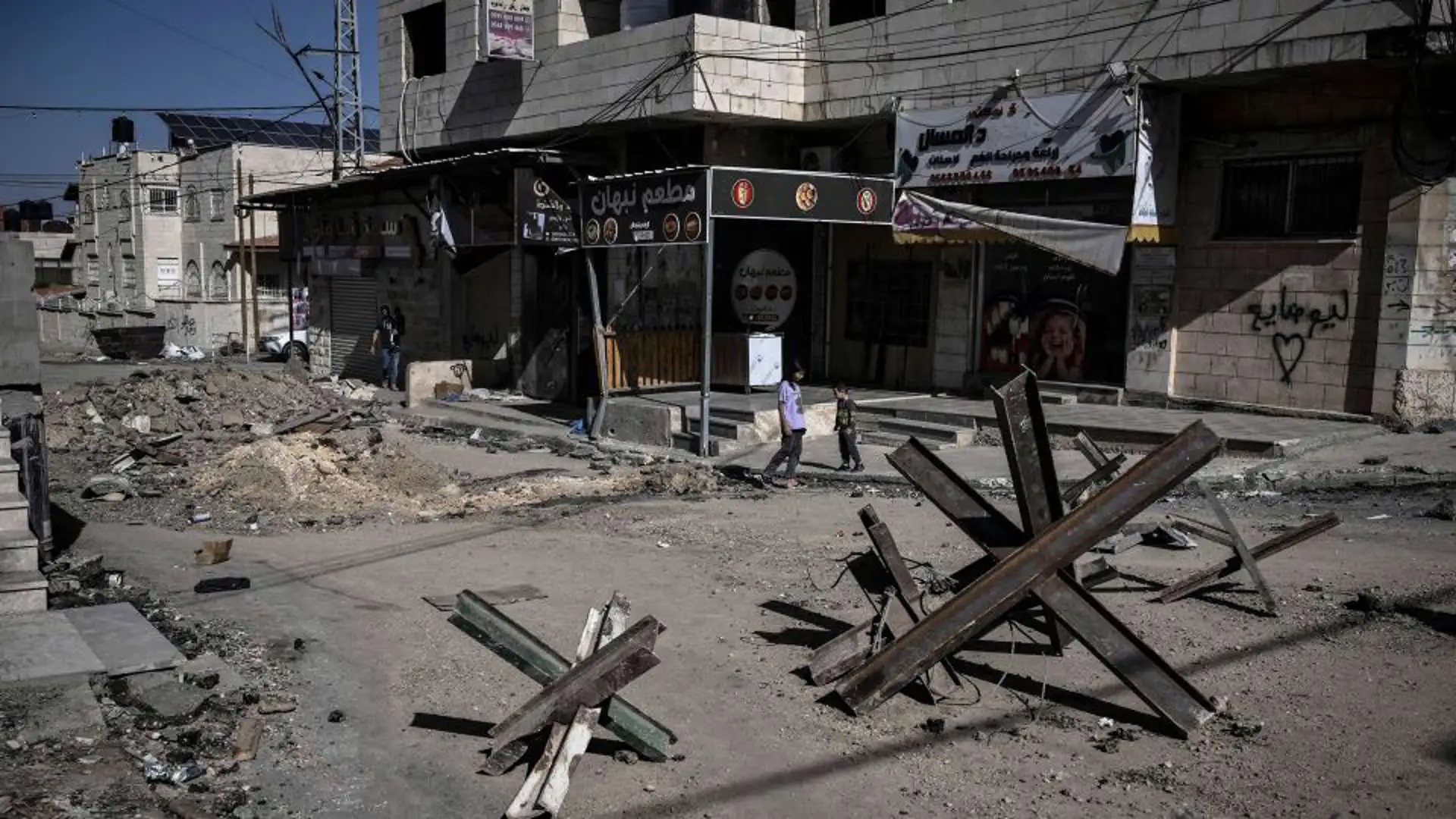Table of Contents
“Antony Blinken’s Unprecedented Talks: Unveiling Insights Amidst Rising Tensions”
On October 7th, amidst escalating violence in the West Bank following Hamas attacks on Israel, Foreign Minister Antony Blinken met with Palestinian Authority President Mahmoud Abbas in Ramallah. This trip to Ramallah by a top American diplomat – his first after the attack – occurs at a time when the United States is grappling with the Israel-Hamas conflict and its resultant humanitarian devastation.
Antony Blinken’s visit follows his stops in Israel and Jordan. During his visit to the region after the attack, both Abbas and Blinken met twice in Jordan.
According to a senior official from the Department of Foreign Affairs, Antony Blinken believed that it was crucial to inform Abbas about the work they were doing in their meetings with the Israeli government, emphasizing reducing civilian casualties in Israel, providing humanitarian assistance in Gaza, and restoring essential services. He also discussed imposing a humanitarian ceasefire in discussions with Israel.
Antony Blinken suggested that if Hamas were eliminated, the Palestinian Authority could play a role in Gaza’s future. However, the focus of the Sunday meeting between Antony Blinken and Abbas was not specifically on the governance of Gaza’s future, the official noted.
The meeting, characterized by the official as “productive and constructive,” centered not on Gaza’s current situation but on the stability in the West Bank.
Abbas’s position on the necessity for a ceasefire in Gaza mirrored that of Egypt and Jordan’s foreign ministers – a call that the United States has supported. Instead of advocating for military actions, the U.S. urged a “humanitarian ceasefire” to facilitate aid to the affected and allow civilians to leave the conflict zone.
Husam Zomlot, the Palestinian ambassador to the United Kingdom, described the meeting between Abbas and Blinken as tense, stating that Abbas immediately demanded an immediate ceasefire by Israel for the “cruel, deadly attacks on our citizens and people.”
Zomlot emphasized the need to see America as an honest mediator, not just adopting the Israeli narrative. However, the unified statement from both sides was absent.
According to the readout from the Foreign Affairs department, Blinken and Abbas discussed efforts to restore peace and stability in the West Bank, which included curbing extreme violence against Palestinians and holding accountable those responsible.
Spokesperson Matt Miller stated in the written readout that Blinken confirmed the U.S.’s commitment to providing life-saving humanitarian aid in Gaza and reinstating essential services. He made it clear that Palestinians should not be forcibly displaced.
Miller mentioned that the top American diplomat expressed the U.S.’s commitment to working towards acknowledging the legitimate aspirations of the Palestinian state’s establishment.
In a summit conference on Saturday in Amman, along with foreign ministers from Jordan, Egypt, Qatar, Saudi Arabia, and the United Arab Emirates, as well as the Secretary-General of the Palestinian Liberation Organization, Blinken said they were deeply concerned about the escalating extremist violence in the West Bank, described by Palestinian citizens as a serious problem worsening since the conflict began.
According to the Palestinian Health Ministry, at least 150 Palestinians have been killed in the West Bank since October 7th – a number close to the total number of Palestinians killed in the West Bank in 2022.
After his meeting with Israeli officials in Tel Aviv on Friday, where he listened to the government’s commitment to take action against extremist violence in the West Bank and the clear determination to condemn and prevent such acts, Blinken expressed, “This is important, and we will be keeping a close eye to ensure our friends fulfill that commitment.”
He emphasized, “It’s crucial, and we’ll monitor meticulously to ensure our friends fulfill that commitment.”
This reflects the high-level discussions and commitments made, primarily aimed at addressing the current crisis and restoring peace and stability in the region, particularly in Gaza and the West Bank.
